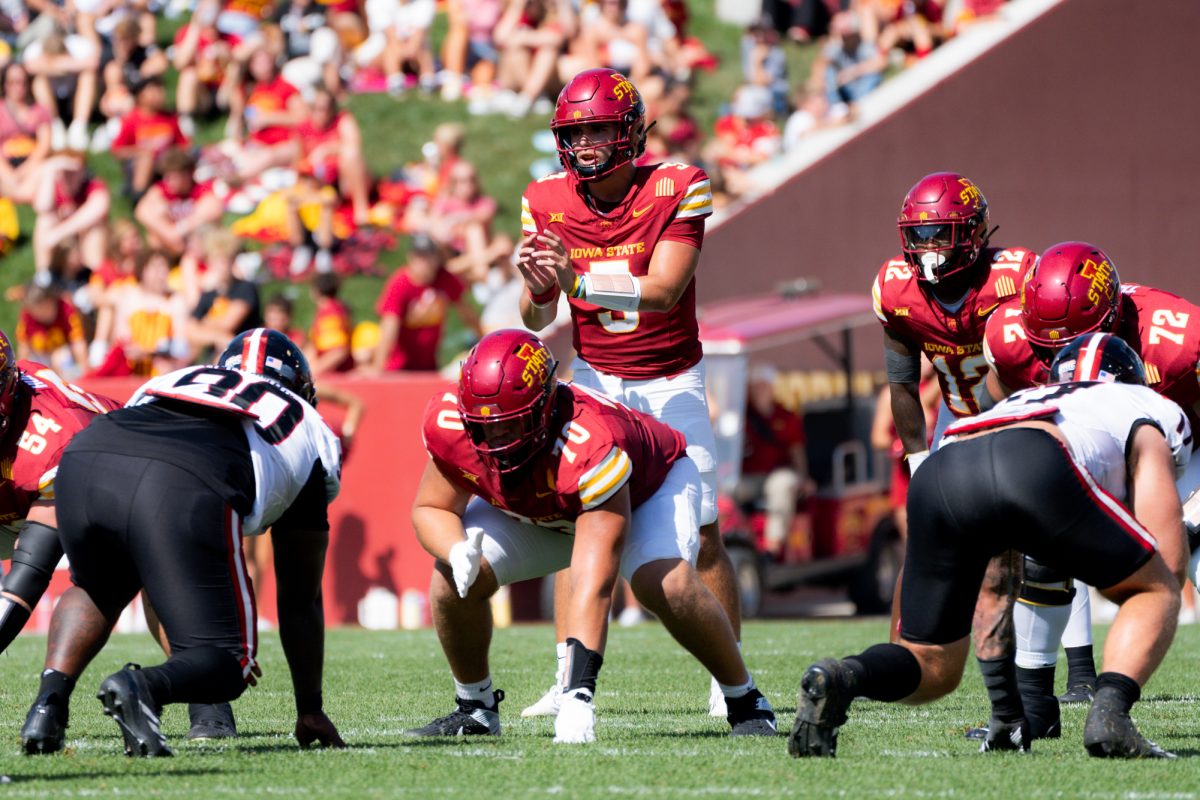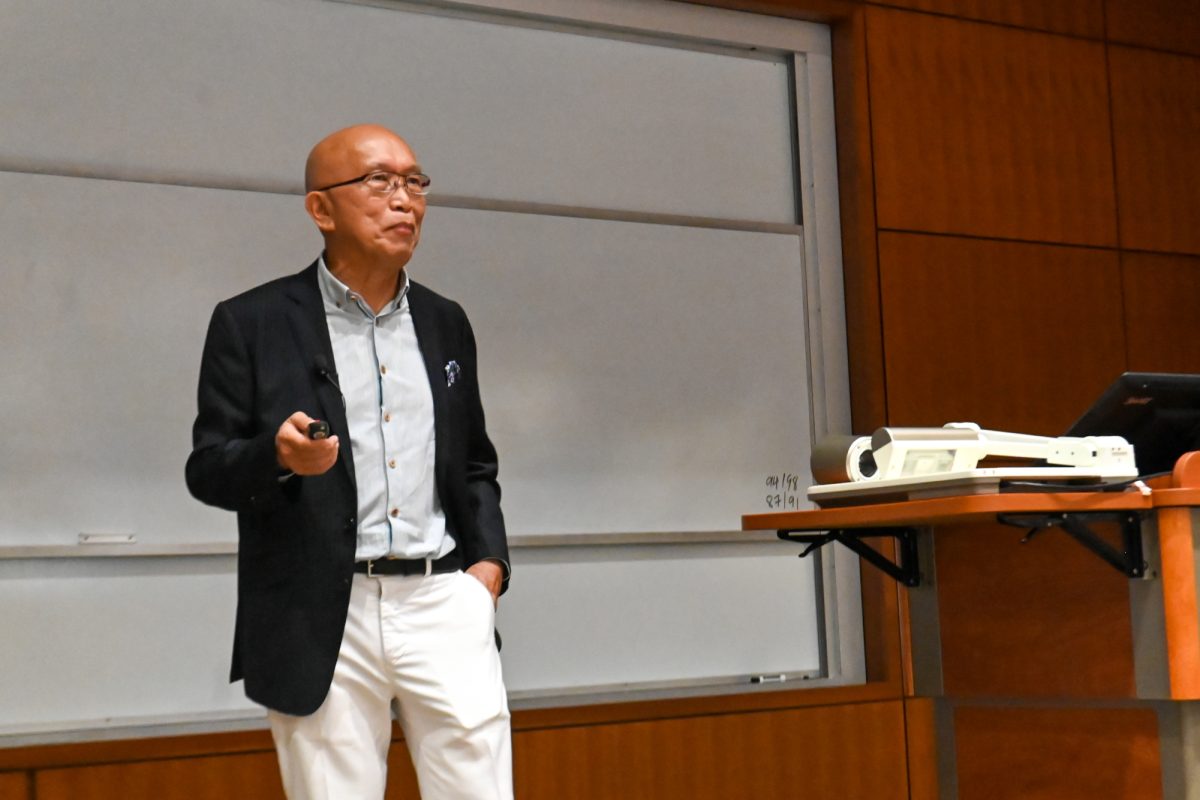If the consumer is powerless, who is in charge here?
December 1, 1998
I sure did enjoy the ham that graced our Thanksgiving dinner table this year. It was lean and just sweet enough to make me return again and again for another taste.
But that day I learned something that made me want to boycott pork products. Before you get the idea that I’m trying to pull an Oprah on the pork industry, hear me out.
My daughter and I spent Thanksgiving at a century farm in Lovilia, Iowa. We heard wonderful family stories about the farm, including one about the time Jesse James came riding through town and hired their great-grandfather to shoe his horse, paying with a 10-dollar bill that was probably stolen.
Then we talked about the Iowa farmer who was giving his hogs away this weekend in Des Moines to bring consumers’ attention to the economic plight facing hog farmers today.
As a Los Angelean, I am in awe of Midwestern farm families who continue to work the land generation after generation, continuing the tradition of farming through good times and bad.
It amazes me to hear a man talk about single-handedly planting acres of corn and seeing the crop through to harvest and then sale.
Farming is a traditional way of life here, but, more than that, it is the original cottage industry. Thanks to farmers (men, women and children) who have tended to the fields and livestock, the rest of us have been able to develop other industries in the cities.
If not for the farmer who diligently tilled the soil, planted and harvested the food products that city-dwellers bought for their dinner tables, how would the industrial revolution have ever taken place?
I can hardly keep my potted plants alive; I can’t imagine having to raise my own vegetables and grains, chickens, cows and pigs.
And speaking of pigs, I was curious why my friend no longer raises hogs. I had heard how his father gave him a dozen gilts when he was just a boy.
I had heard his daughter tell about rounding up the hogs at night to keep them safe from predators.
And I had heard hilarious stories about trying to outwit these very intelligent animals, often without success.
As a big fan of pork products, I was amazed to hear how much it costs to raise hogs but even more surprised to hear what the farmers get paid for their hogs in the market.
It costs about 35 cents a hundred-weight to raise a hog, which does not include the farmer’s hours.
If this sounds cheap, consider that most farmers these days are being paid only 16 cents a hundred-weight per hog. I don’t know about you, but I can’t afford to pay my boss for the privilege of working for him, which is exactly what is happening to hog farmers.
The individual farmer can’t compete with the industrial hog lots, which operate on a larger scale and buy everything at bulk prices.
Maybe this is the American way, but a greater availability of a cheaper product should also translate into a major price break for pork products at the grocery store, and we aren’t seeing that.
According to my friend, this is because the packing plants and large grocery store chains are in collusion: They are making all the money at the individual farmer’s expense, and we are allowing it by buying pork at their prices.
If only 65 percent of the hog can be turned into the food products we buy at Hy-Vee, then we are paying $3-5 a pound for products that cost the meat packer about 25 cents a pound.
Somewhere between the meat packer and the butcher who wraps those pork chops in white paper, someone is making a lot of money.
I don’t mind paying that much for a good Iowa pork chop, but I do mind that a middleman is getting rich while the farmer who raised that hog “loses the farm.”
If this was AT&T or Microsoft, we’d see anti-trust litigation in the courts.
My friend saw this coming when he could still get 45 cents a hundred-weight for his hogs. That 10-cent profit margin never made him rich, but he was able to keep his ever-shrinking parcel of land intact for a few more years. Others haven’t been as lucky.
The family farm, the foundation of this country’s economy and work ethic, will inevitably disappear. The farmer knows it and we know it.
But shouldn’t they be afforded some dignity in return for over two centuries of putting high-quality food on American dinner tables?
This Thanksgiving we gave thanks for a fine meal with a generous family who are members of a dying breed.
There is nothing I can do to help, except maybe to stop buying pork products in memory of the many farmers who died in bankruptcy because they couldn’t keep up with corporate competition.
I could boycott pork, but will the middleman give up his profit margin to save a family farmer? Buying every ham in the store won’t help either.
If the consumer is powerless, who is in charge here?
Kata Alvidrez is a graduate student in English from Los Angeles.






